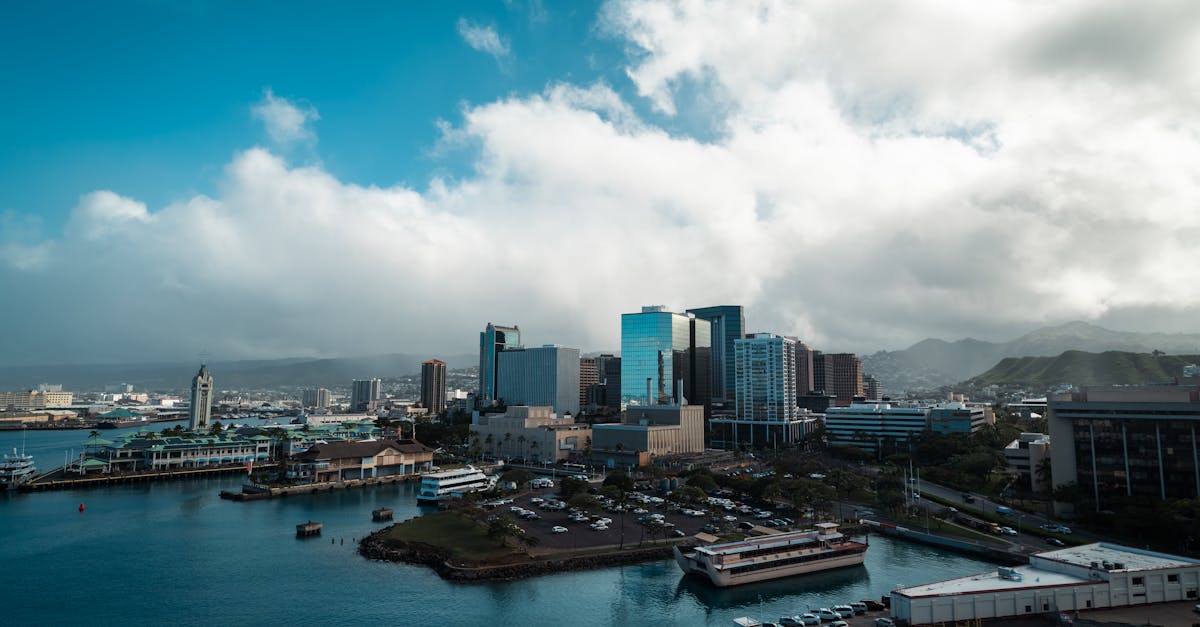The healthcare landscape in Hawaii is currently facing significant disruption as almost 2,000 Kaiser Permanente employees have joined the strike, aligning with over 45,000 workers protesting in California, Oregon, and Washington. Hawaii News Now reports that the strike, which commenced on October 14, is slated to last for five days and is set to affect over 500 Kaiser facilities. The primary issues driving the strike revolve around demands for fair wages, adequate staffing levels, and a greater voice for caregivers in key workplace decisions.
This labor action has substantial implications for Hawaii's business community, potentially leading to increased healthcare costs for employers and disruptions in employee health benefits. Businesses may face operational challenges due to employees needing to take time off to seek alternative healthcare, or when attempting to manage the needs of any employees at Kaiser. Furthermore, the strike's duration and scope could impact overall consumer confidence, influencing spending habits within the local economy and impacting tourism as a result. The Post Guam indicates that over 75,000 workers across the country have been considering strike action, highlighting the magnitude of the labor dispute.
For entrepreneurs and investors, the strike introduces uncertainty into the healthcare sector. Those involved in healthcare-related ventures may experience delays or increased expenses. The situation urges a closer examination of healthcare policies in Hawaii, prompting conversations around workforce fairness, and the overall stability of critical services. As Maui Now noted, over 30,000 healthcare workers authorized the strike across Hawaii and California. The impact of the strike is already being felt, and the business community and government are likely to monitor the situation closely to mitigate the effects and explore possible solutions.



